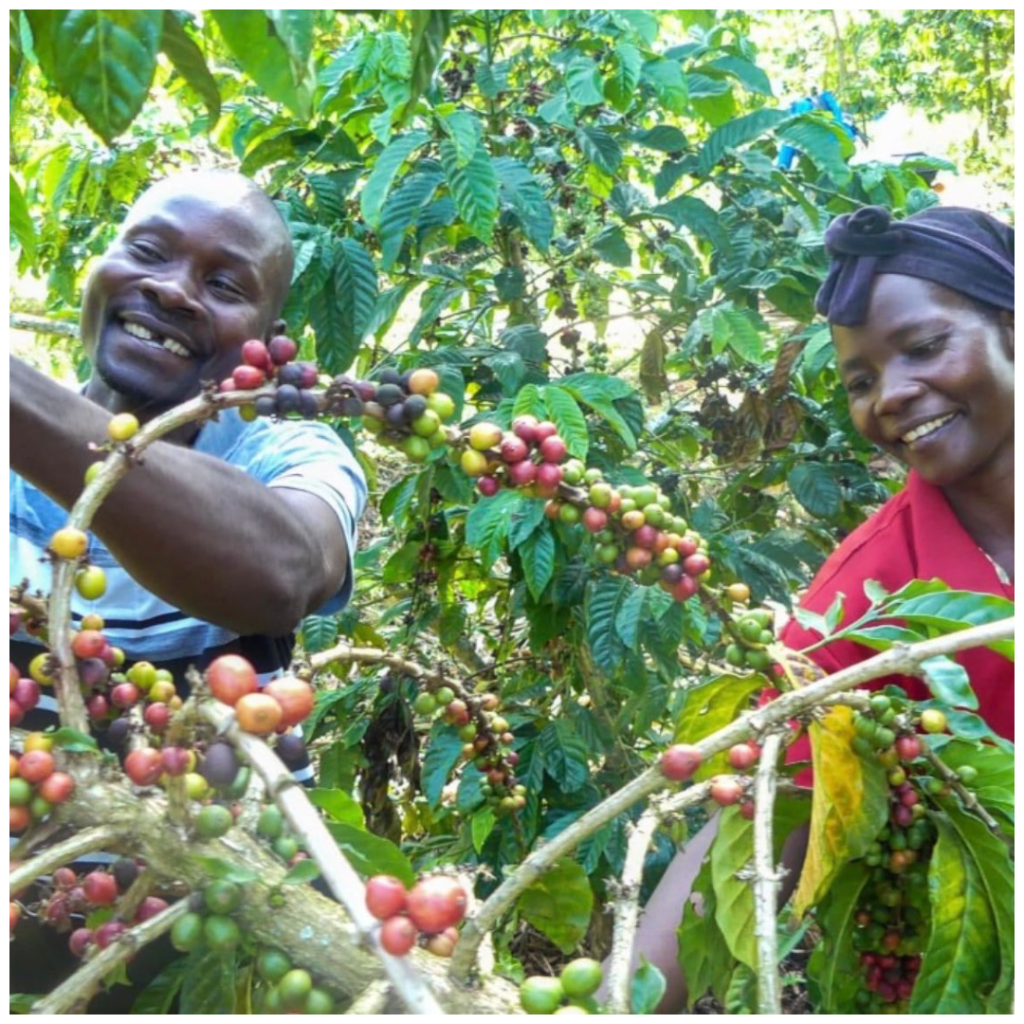The Role of Coffee in African Economies: From Farmers to Global Markets

Coffee is more than just a beverage; in Africa, it is a vital economic engine that sustains millions of livelihoods and connects rural farmers to global markets. From the misty highlands of Ethiopia to the volcanic soils of Rwanda and the lush landscapes of Uganda, coffee cultivation shapes economies, cultures, and international trade. Understanding the role of coffee in African economies requires looking at both the local and global scales—how coffee impacts smallholder farmers, communities, national revenues, and Africa’s position in the worldwide coffee industry.
The Historical Roots of African Coffee
Africa holds a unique place in the history of coffee. Ethiopia is widely recognized as the birthplace of Coffea arabica, the species that dominates specialty markets worldwide. Over centuries, coffee spread from Ethiopia to Yemen and eventually to Europe, transforming into one of the world’s most traded commodities.
Today, African countries remain central to the global coffee narrative. Ethiopia, Uganda, Kenya, Tanzania, and Rwanda rank among the top coffee producers, with unique flavor profiles that make African beans some of the most sought-after in specialty markets. This heritage not only preserves cultural identity but also sustains economic growth.
Coffee and Smallholder Farmers
The majority of African coffee is produced by smallholder farmers, often working on plots smaller than two hectares. These farmers depend heavily on coffee income to cover basic needs such as education, healthcare, and food security.
- Ethiopia: Coffee provides income for over 15 million people, contributing around 30% of the country’s total export earnings.
- Uganda: Coffee is the country’s leading agricultural export, generating essential foreign exchange.
- Rwanda: Coffee farming has become a tool for post-genocide recovery, empowering rural families and rebuilding community ties.
While smallholders are the backbone of the industry, they face challenges such as fluctuating global prices, limited access to financing, and the impact of climate change.
National Economies and Export Revenues
For many African nations, coffee is not just a rural livelihood but also a pillar of national economies.
- Foreign exchange: Coffee exports generate billions annually, serving as a critical source of foreign currency.
- Employment: The industry creates jobs across the supply chain—from farm labor to transportation, processing, and export.
- Infrastructure development: Revenues from coffee support investment in roads, schools, and community services, especially in rural areas.
For example, in Ethiopia, coffee contributes around 30% of total export earnings. In Uganda, it consistently ranks among the top export commodities. These revenues make coffee a cornerstone of macroeconomic stability.
African Coffee on the Global Stage
African coffee enjoys a strong reputation in international markets, particularly among specialty buyers who value its distinct flavors—bright acidity in Kenyan beans, floral notes in Ethiopian coffee, and balanced body in Rwandan varieties.
International demand for specialty coffee has opened new opportunities for African farmers, allowing them to capture higher prices compared to the commodity market. Initiatives such as direct trade and certifications like Fair Trade or Rainforest Alliance further connect African producers with conscious consumers worldwide.
Challenges in the Coffee Value Chain
Despite its importance, African coffee faces significant hurdles:
- Price volatility: Farmers are highly vulnerable to swings in global coffee prices, which can destabilize household incomes.
- Infrastructure gaps: Poor roads, limited access to electricity, and weak logistics reduce competitiveness.
- Climate change: Rising temperatures and unpredictable rainfall threaten yields and force farmers to adapt quickly.
- Market access: Many farmers lack direct access to buyers, relying on intermediaries that reduce their earnings.
Overcoming these challenges is essential to strengthen Africa’s coffee sector and ensure its long-term viability.

Coffee and Community Development
Beyond economics, coffee contributes to social and community development. Revenues from coffee often support education initiatives, healthcare programs, and women’s empowerment projects. For example:
- In Rwanda, coffee cooperatives fund schools and health clinics.
- In Kenya, profits from premium coffee lots are reinvested into farmer training and community infrastructure.
- In Uganda, women-led coffee groups support gender equity and create new opportunities for entrepreneurship.
This multiplier effect underscores the social importance of coffee in Africa.
The Future of African Coffee Economies
Looking forward, African coffee economies face both risks and opportunities:
- Opportunities: The rise of specialty coffee, growing consumer interest in sustainability, and the potential for value-added processing within Africa.
- Risks: Climate change, youth migration away from farming, and persistent inequities in global trade structures.
Investments in technology, sustainable farming, and stronger market linkages can help African coffee economies thrive. Regional cooperation—such as through associations like the African Fine Coffees Association (AFCA)—also plays a key role in promoting African coffee internationally.
Conclusion
From farmers working on small plots to exporters connecting with global markets, coffee is an indispensable part of African economies. It provides livelihoods, generates foreign exchange, and strengthens communities. Yet, the sector faces challenges that require collective solutions—investments in sustainability, equity, and infrastructure. By building a more resilient and inclusive coffee value chain, Africa can not only preserve its coffee heritage but also secure its economic future.
FAQs about Coffee in African Economies
1. Why is coffee important to African economies?
Coffee generates export revenues, creates employment, and sustains millions of smallholder farmers across the continent.
2. Which African countries are the top coffee producers?
Ethiopia, Uganda, Kenya, Tanzania, and Rwanda are among the leading producers, each offering unique flavor profiles.
3. What challenges do African coffee farmers face?
Key challenges include price volatility, limited infrastructure, climate change, and restricted access to markets.
4. How does coffee support community development in Africa?
Revenues from coffee often fund education, healthcare, and gender empowerment initiatives at the community level.
5. What is the future outlook for African coffee?
The specialty coffee market offers growth opportunities, but adapting to climate change and improving infrastructure are critical for sustainability.